I met guest writer number 10, the Spanish journalist Andrés Mourenza, the first time when I had a stop over in Istanbul on my way to Yemen. And then again, a month ago in Antalya, Turkey at this journalist conference on Travel writing. He is a young lad, full of life and laughter, many opinions and he is a really good story teller. Read this intrepid story about travelling in Georgia:
Riding the wind of Georgia in a Soviet Lada
In september 2008, the Turkish president, Abdullah Gül, accepted the invitation of his Armenian counterpart, Serzh Sarksyan, to watch the football game between the teams of both countries for the qualification of 2010 World Cup. It was an historic move as Turks and Armenians share a common history, but plenty of cruelties, especially the sad events of 1915 when Ottoman government deported hundreds of thousands of Armenians to the deserts of Syria, where they most die, what its defined as the Armenian Genocide. This visit, the first in history of a Turkish president to Armenia, was the beggining of rapprochement between the two countries.
Five journalists based in Istanbul decided to go to the match but by road because we wanted to know better the social geography of the Caucasus region. As the border between Turkey and Armenia remains closed since 1993 Nagorno-Karabakh war between Armenia and Turkey’s ally Azerbaijan, we had to travel through Georgian territory. The problem there was that, just a month ago, there had been a short war between Georgia and Russia, where the first were defeated, and the wounds of conflict were not yet healed. I had the pleasure of being part of that expedition through Southern Caucasus and this is a part of my experience…
Once we left Turkey on foot, the Georgian side of the border between the two countries was a messy succession of dilapidated buildings. In the first control, a fat, sweaty border guard wearing an old uniform stamped the visa. “You are not born to be sold” a poster against sexual exploitation warned the female immigrants who travel to Turkey. Every day, entire Georgian families crowd around the buses departing from Tbilisi or the villages near the Turkish border. They argue, haggle with the driver and one or more take the vehicle to Istanbul, more than twenty-four hours journey in search of a better future.
After asking for a taxi to take us from the Turkish-Georgian border to the border of Armenia, in the second checkpoint, a chubby customs official, with a little more breading suit his military colleague had, pointed one hundred meters further down the hill and said, accompanied by big fuss, “Rohimi, Rohimi”. Some elders, sitting on what a decade ago was a sidewalk, corroborated in German that what they called Rohimi-something that still we did not know for sure what it was- waited behind the fence.
Before leaving the border buildings, our passports were checked by a third soldier who lived in a filthy hut whose half-broken glass window had been filled with foam rubber. He slept on a cot next to the window.
Apatheticly, the young recruit checked our passports and stamps and flipped a lever. The border gate opened, then closed behind us, with a wrecky noise, leaving us in front of a bucolic summer landscape: mild hills, fields of grain and stubble, dusty roads and houses dotted here and there.
Rohimi and his friend, two taxi drivers doing his living from catching the few travelers who cross the border between Turkey and Georgia from this check-point called Türkgözü (The Turk Eye), were waiting on a mound, resting in the shade of a tree and smoking quietly. As they saw us, they came down from the mound riding their cars and surrounded us as if they were wild horses. They were driving two aged beige Lada 1600, the Soviet version of Fiat 124, built in the late 1980s. I could have said the cars smelled of perestroika, or the decline of Soviet Union (although Lada is one of the best selling car firms of the world), but it remembered me the musty smell of dust and lint from my uncle’s old car.
The men emerged from the Lada with an air of a creepy brothel pimps and came to us offering to ride us to Armenia in their two taxis for US $ 300. We, five passengers, and the driver had not entered in one. Or maybe yes, but then we were taking the serious risk of being drawn into any ditch. The five travellers-journalist we were made a short meeting and offered them US $ 200. They gathered and said no. 250. Crickets were murmuring their late August song. “What if we paid in lira?”, we asked in Turkish. 400. That surpassed all exchange markets. “US $ 210?” This time we tried to speak in Russian.
There was a harsh light, the sun at three o’clock, illuminating everything with a white light, flat, with shrunken shadows, making the roofs of the sheds, somewhere in the distance, glittering points. Two cars came out the fenced Turkish-Georgian checkpoint. The driver of the first car was an eastern Turkish looking like a coarse Paul Newman, his cigarette dangling from his lower lip We had spoken with the drivers earlier, but their route passed through Tbilisi and they were going to reach Armenia on the next day, the day of the match, too late for us. Their plan did not coincide with ours. The men drived on and beat us up with a cloud of dust as a greeting.
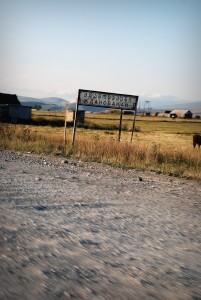
Cri, cri, cri. Georgian Taxi drivers consulted and kept their offer. We did the same knowing that our margin for maneuver was limited. Cri, cri, cri. More cricket sounds, enduring tension. That began to resemble a Quentin Tarantino movie, only that the excitement was not assured because in the desert Georgian border they had all the time in the world and everything to gain. In the end we negotiated the transportation for US $ 220. Marta, my brother Daniel and I entered Rohimi’s taxi; Martin and Robert took Rohimi’s friend’s. The car doors shut with a broken glass noise.
The driver’s seatbelt was riding in the back pocket of his seat next to a half empty bottle of vodka. The co-driver’s one was broken, but Rohimi played down its importance in pidgin Turkish:
– Bah! No matter, this is Georgia, not Europe-. So the man started his car and headed to the neighboring country.
The route ran, in part, by a similar route to the famous BTC (Baku-Tbilisi-Ceyhan) oil pipeline, but the road was not as modern as the energy project: just a stony dirt road that ran between villages of houses with large barns. The makeshift taxi, probably without a license (but who cared about that), raising clouds of dust at every turn. Those roads might become a quagmire with the autumn rains and snows of winter, making an awful daring adventure transportation through the south of Georgia, a country whose main route is a two-lane asphalt road that connects the main ports of the west coast, Poti and Batumi, with the capital Tbilisi, in the east.
-These are Armenian villages-. Rohimi told us, noting the small towns close to the Turkish border.
The Armenians are not enemies of the Georgians, but that does not guarantee that they are loved by them. In fact, the tone of Rohimi revealed some revulsion, disgust, contempt. “These neighborhoods looking so poor are Armenians” I would hear a few days after, walking around the old town of Tbilisi, from another Georgian, Misha, with the same disdain.
Just as in the Georgian side of the border with Armenia live the Azeri persecuted and expelled in 1993 by the nationalist furies of Yerevan, in this area we were traveling through, the Samtskhe-Javakheti region, most of the villages are inhabited by Armenians who escaped in the First World War from the hatred of the Turks and the desire for revenge of the Turkish army commanded in the Caucasus and Central Asia by the dark and intriguing Enver Pasha, known for having participated in the organization of the Armenian massacres of 1915 and who tried to raise all Turkic Muslims from Anatolia to Xinjiang (China) against the revolutionary Bolsheviks. He and his handful of men were killed in 1922 in the steppes of Central Asia, in a village near Dushanbe, Tadjikistan.
The Armenians of Samtskhe-Javakheti region, one of the poorest communities in Georgia, pushed hard against Tbilisi in the early 1990s when, amid the rending of the Georgian state (and the wars against Abkhazia and South Ossetia, repeated in the summer of 2008), they began to demand autonomy for their territory.
Curiously, in this same region lived about 120,000 Meskhetian Turks until they were deported to Central Asia by Georgian-born Soviet leader Josif Stalin, and could not return to his homeland untill the 1990s, with strong opposition of the Armenian population. The nationalist hatreds have written the most horrible pages of history but certainly in the Caucasus, an area with the extent of Spain, have earned a separate section because of their own cruelties.
We left aside a mound topped by a cross.
-What’s that, Rohimi?
-Well… a cross, can’t you see?- His logic was unquestionable.
Being alerted to the presence of the sacred tumulus, Rohimi crossed himself. Then accelerated. A church. Rohimi crossed himself again and further accelerated. Glasses clinked up almost out of the windows, bodywork creaked. The paved sections were a relief for our bodies, but the road was still so full of holes, and sometimes of large stones, that some drivers preferred to drive the dangerous stretches out of the road.
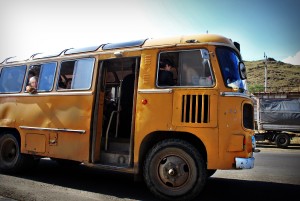
People was taking full fuel cans from the gas station when we arrived, just in case, because due to disputes with Russia, gasoline had gone through the roof. While we were filling the car and Rohimi was chatting with the employee, cigarette in hand, a yellow city bus maintaining its beauty despite the rust, came to the station. Its occupants, old, young, men, women, tried to show all the dignity they could in a disastrous car that might well remind the middle decades of the twentieth century.
Our Georgian guide returned to the car and patted Martha’s knee, which might well be considered offensive but he felt loving.
-Are you married? -He asked. Despite its appearance of recalcitrant bachelor, Rohimi had a happy marriage and began talking about his children.
The two Lada were going at full speed, all they could, beside a beautiful stream that sparkled in the afternoon sun. One overtaking the other, and back again; hopping on every bump as if the road was a roller coaster. The disturbing beauty of the moors and summits of northeastern Turkey had given way to a more familiar one, lush valleys and rocky mountains.
The wind puffed Rohimi patterned shirt. On our left the clouds riding on the mountains of the inner Georgia. The air hit us in the face.
-It’s beautiful, Georgia -I thought aloud.
-More beautiful is Abkhazia, that’s why the Russians have taken it -Rohimi said and his face showed no sign of joking.
Soviet-era trucks were repariring the poor infrastructure of Samtskhe-Javakheti. There were still signs of former Russian dominance around towns of Armenian majority, especially Akhalkalaki, and even the abbreviation for the USSR was still painted in what was once a collective farm, now abandoned. In this area, forgotten by pro-western Mikheil Saakashvili government, the remnants of Russian influence remain high, annoying, like a pimple in the ass, the politicians from Tbilisi, engaged in a policy of de-russifying the country and selling it to Western investors. In the capital, Tbilisi, the town hall a beautiful building in early 20th century neo-oriental style, has been awarded to a foreign company and the city council moved to a back street.
It was half a day since we started our trip from Istanbul and we had only eaten some biscuits in Ardahan, so we were starving. But still it was going to be a mor starving and tiring day. A tickling sleep overcame me. I do not know why, but I can not sleep while the vehicle is stopped. In contrast, the violent jolting Lada rocked me and I fell asleep. When I awoke, the sun had moved forward and walked into the sunset. Daniel told me a we had passed a picturesque Georgian landscape during my nap: an old railroad wagon was used as a bridge over the creek. Rohimi also had news: our travel mates in the other taxi had a puncture so we had to wait.
They arrived ten minutes later and I asked Robert about the incident:
-Well, the trip was not particularly comfortable before the puncture … neither it was after -he said in his stolid British.
The sun was setting, we approached Armenia. The Ninotsminda check-point was the skeleton of a warehouse and several containers used as huts: that was the end of that dirt track that, for hours, it had seemed endless. In one of the barracks was hung a poster with a picture of Saakashvili in military uniform, ostensibly to instill value to their troops, even if during the war against Russia in 2008, the Georgian president panicked so much at hearing some Russian fighters flying over Georgian city of Gori that he ran and throw himself under the knees of his bodyguards. In another container, painted light green with big white letters of the beautiful but unintelligible Georgian alphabet, a young soldier with no shirt and dirty khaki trousers was trying to wash.
We left the car and, almost immediately, the first order was to turn off all cameras. They did not want us to take pictures of the dilapidated environment in which lived the last soldiers, the last outpost from a country that had just emerged from a lost war and was trying to show a certain air of triumph. Perhaps it was just military orders coming from the top, or more likely, an awareness of their own misery.
We entered a small room where three officers were asking for passports, smoked, and scowled at us. A fat and unshaven man in military dress was responsible for stamping the seal of departure. The other two were dressing as civilians -one of them sitting on a cot, the other in an old office chair-, pierced the cigarette smoke to scan us, looking ahead to a possible failure, a mistake, or perhaps it was just a learned sight. A border sight.
There was a smell of wickedness in the clouds of smoke of that room. That could be partly the result of years of their own bad practices, and partly the result of negligence from the state towards its last troops. They may feel being left aside in the middle of nowhere, where the closest man is not your officials, or the one above your officials , or the supreme commander of the army in which you serve, but the one in front of you, which could be your enemy: the soldier serving in the army of another nation, on the other side.
Soldiers returned our passports with a half smile, chewed between the jokes of the younger recruits who, might be, were still not given the time to gross out their jobs or be perverted.
The last border of Georgia was just a rope tied to a stick that a soldier untied to every crossing vehicle. He opened the cross point and we drove briefly through no man’s land. On the field, parallel to us, a tractor was driving on loaded with hay and, on the top, there was a whole group of laborers. They raised their hands in farewell.
– Are we in Armenia, Rohimi?
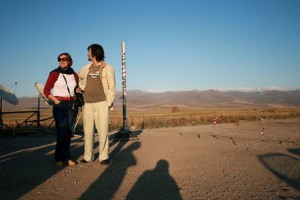
– One moment … – The car stopped rattling. The road was paved .- Now we are!
This is an excerpt of Transcaucasia Exprés, an e-book available in Spanish and free of charge on the websitewww.noticiasdesdeturquia.blogspot.com
Andrés Mourenza (A Coruna, Spain, 1984) is a free-lance journalist based in Istanbul since 2005. He collaborates mainly with the Spanish ‘EFE’ news agency and ‘El Periodico de Catalunya’ newspaper, but has worked also for the Spanish speaking version of BBC Radio and Deutsche Welle TV, and other radios from Spain and Latin America. He has travelled the neighbouring region to inform about the situation in northern-Irak, the Kurdish conflict in south-eastern Turkey, the post-war period in Georgia, the tense relations between Turkey and Armenia, the longstanding division of Cyprus or the riots in Greece. Before he worked in local media in Spain and covered the natural and social consequences of Prestige oil tanker sinking in Galician coast in 2002.
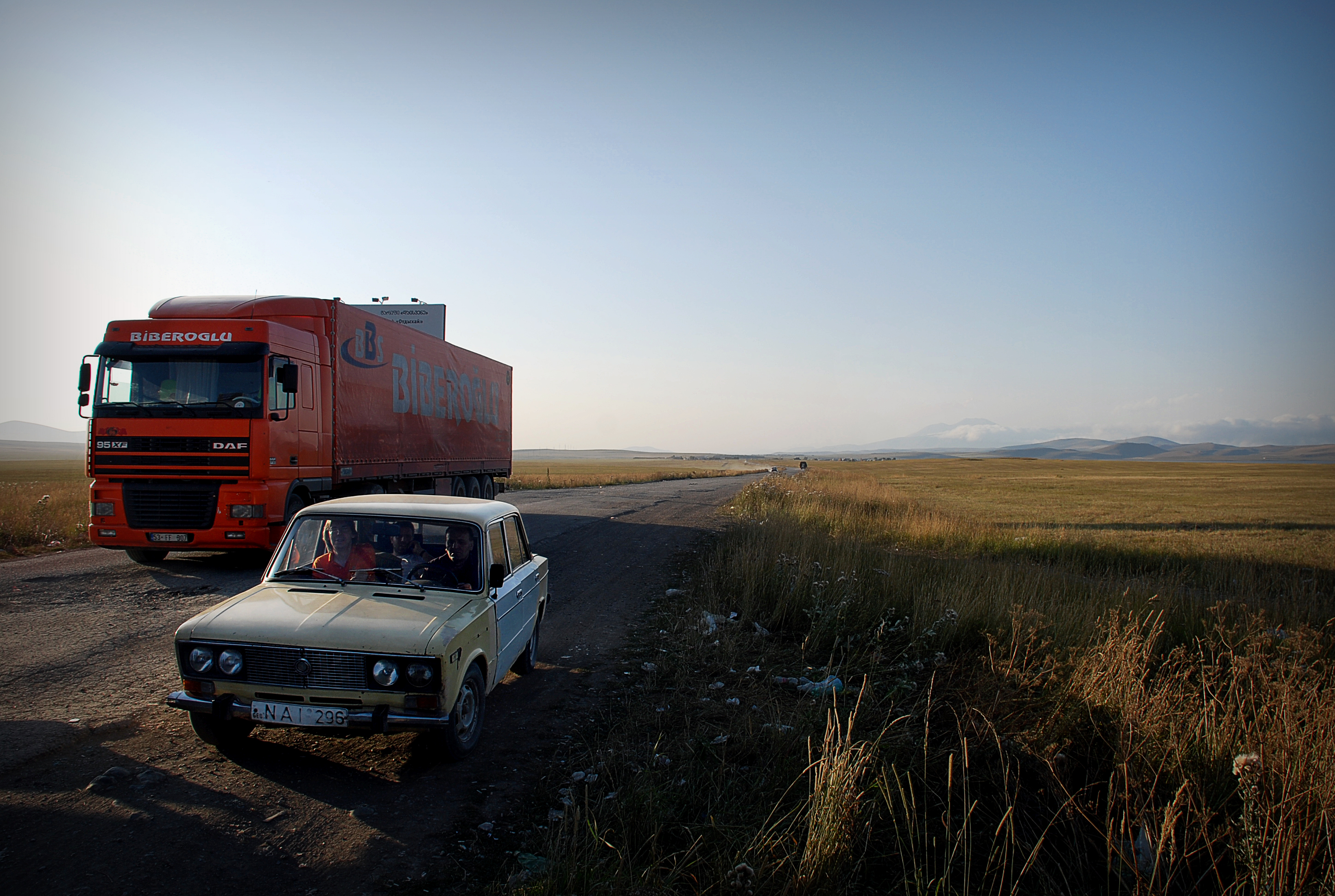
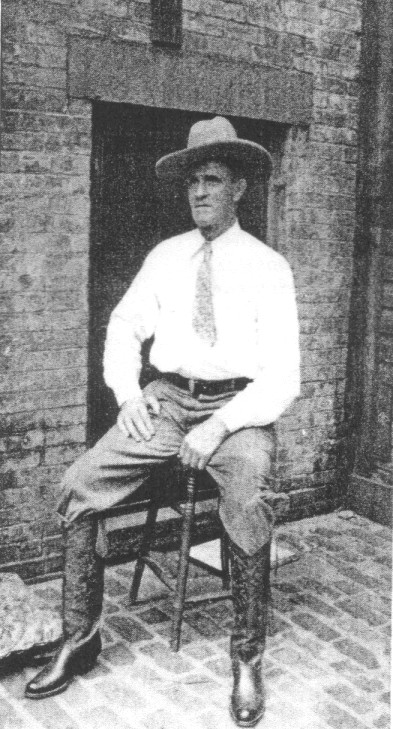
Great extract… just as the rest of the book. Such a shame it is only available for Spanish readers……yet